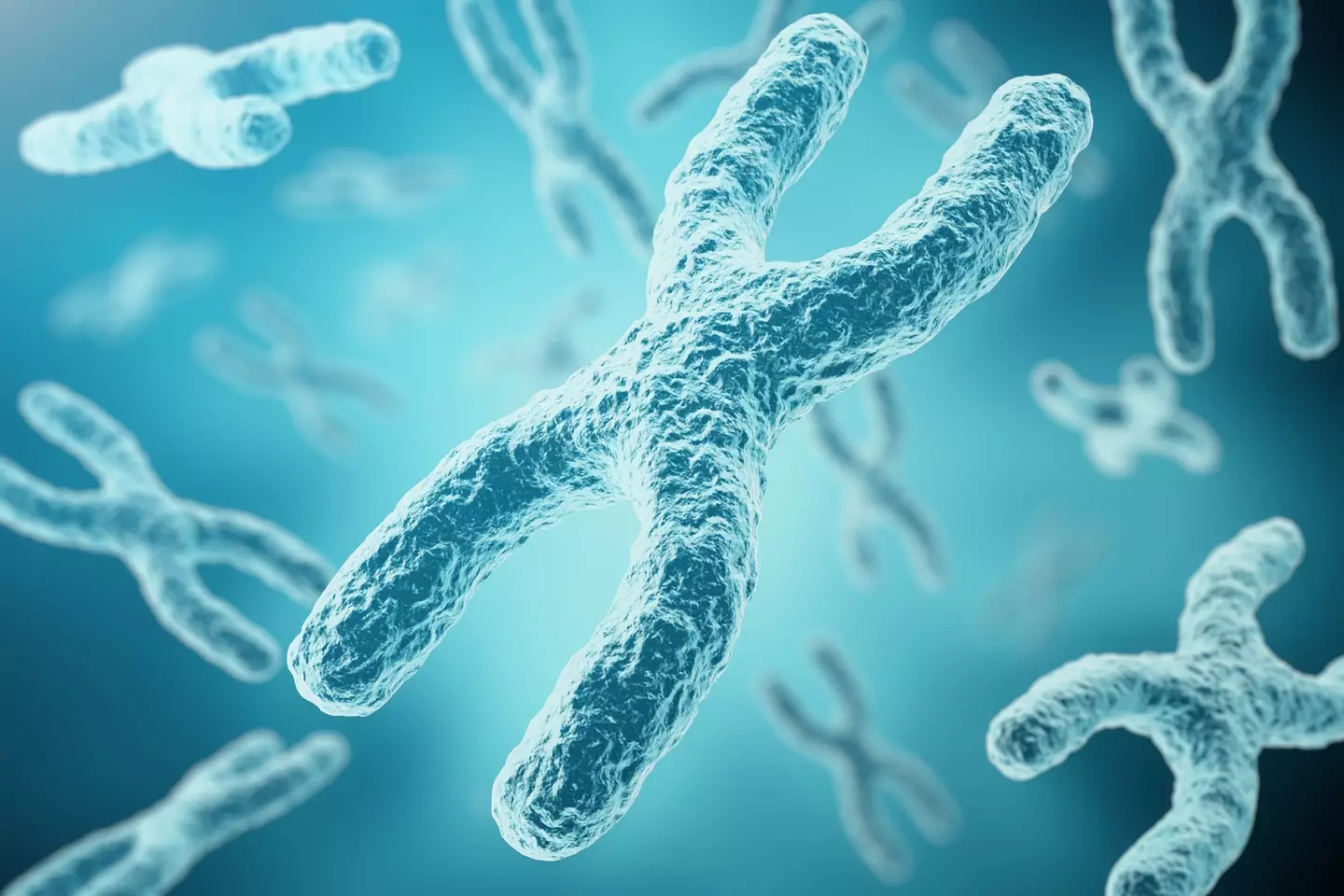
A team of scientists in the US may have discovered the reason why women live longer than men, and it could be down to one specific gene revitalising the female brain.
That gene is something we're all born with, the X chromosome - of course, men are born with X and Y chromosomes, while females have two Xs.

While both X and Y chromosomes are used in men, it has long been considered that only one X chromosome is in use the female body, with the other widely believed to be vacant.
Advert
However, researchers from the University of California San Francisco (UCSF) believe they may have possibly debunked that theory.
That 'vacant' chromosome settles into the corner of a cell known as the 'Barr body', where it cannot express many genes, but following tests on lab mice it may not be as redundant as first thought.
Researchers discovered that in older female mice (about 65 in human years), this silent X chromosome starts to wake up and express certain genes that help the brain stay strong and function better.

“In typical aging, women have a brain that looks younger, with fewer cognitive deficits compared to men,” said the senior author of the paper, Dr Dena Dubal - a professor of neurology and chair in Aging and Neurodegenerative Disease at UCSF.
"These results show that the silent X in females actually reawakens late in life, probably helping to slow cognitive decline.”
Incredibly, the group of scientists found that around 20 genes on the silent X, which are linked to brain development and memory, became active in the brains of these older mice.
“Aging had awakened the sleeping X,” Dubal added.
One of the genes, called PLP1, helps with myelin production - which is like insulation for brain cells, improving their communication.

When they tested the effect of PLP1 in both male and female mice, boosting it improved memory and learning abilities in both.
The researchers believe this might be why women’s brains show fewer signs of aging compared to men’s, as the second X could offer an extra layer of protection.
“We immediately thought this might explain how women’s brains remain resilient in typical aging, because men wouldn’t have this extra X,” said Margaret Gadek, first author of the paper and a graduate student of UCSF.
Dubal added: "Cognition is one of our biggest biomedical problems, but things are changeable in the aging brain, and the X chromosome clearly can teach us what’s possible.
"Are there interventions that can amplify genes like PLP1 from the X chromosome to slow the decline – for both women and men – as we age?"